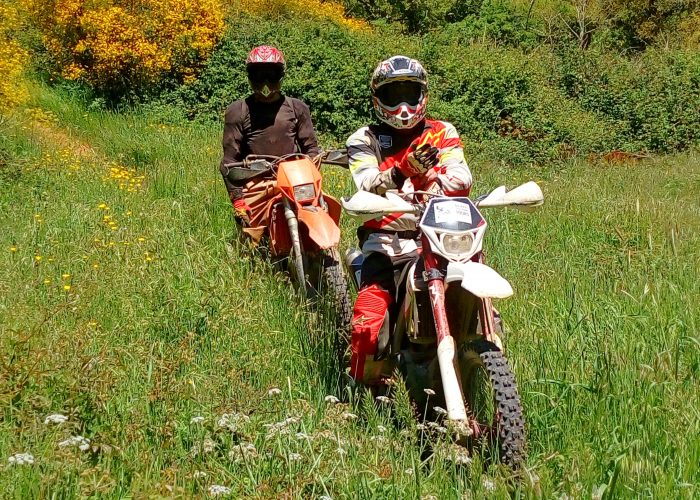
While riding a motorcycle is a lot safer than it was many years ago, partly due to better safety helmets, you still need to be prepared and safe if you are about to start riding a bike or moped. Even if you’re a safe rider, there are other not so safe riders on the road. The five components of the CBT test are to help prepare you for riding a motorcycle, and to be as safe and as confident a rider as possible. Preparing for a CBT test means knowing what to expect on the day of the test and being as prepared as possible.
An eyesight test and introduction are one of the sections of the standard CBT test, along with sections covering on road training and riding, and on site training and riding.
Introduction and Eyesight Check
The instructor will give you an idea of what to expect from the test and what the different sections comprise. You’ll learn all about the legalities that are relevant when riding a motorcycle, and the training facility will test your eyesight and check that you have a valid driving licence. You’ll also be given the necessary bike riding gear for the day, unless you brought your own with you.
On Site Training
Being comfortable with the bike’s controls and with the bike in general are the focus of this session, which typically takes place in a large, open area. You’ll practice walking with the bike, and get a feel for its weight and how it maneuvers, as well as practice the all important side stand.
On Site Riding
Starting the bike up, starting and stopping it, riding in a straight line and turning corners are focused on in this second session, if your instructor feels you’re ready to move on. And you’ll get even more comfortable with the machine, how it balances and how the gears are used, by riding around a circuit, perhaps in a figure eight shape.
On Road Training
The theory behind riding on the road is covered in the next step of the CBT training, and for this part of the course you’ll move to the classroom. Road positioning, the Highway Code, and the legalities that all bike riders need to know about are all covered.
On Road Riding
By now, you’re probably ready to actually ride your motorcycle on the road, and the next part of the training will let you do just that. Expect to be riding on the road for a couple of hours, and you’ll have a radio so that the instructor riding behind you can communicate with you at all times. Whether you can operate the motorcycle safely, and whether you have a thorough grasp of the rules of the road are things that your instructor will be watching closely for.
Call London Motorcycle Training if you’re ready to take your CBT test and pass it!